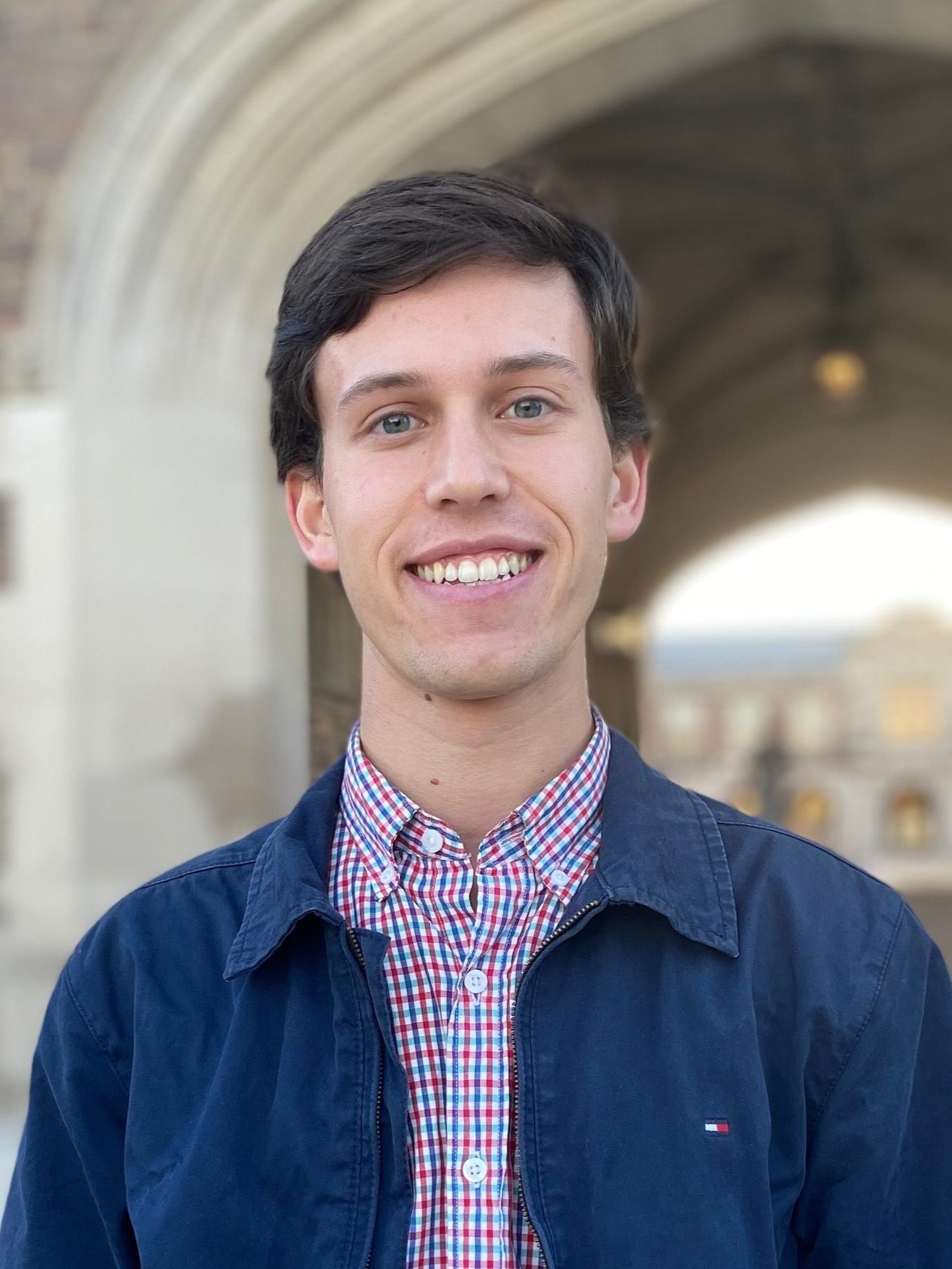After Coronavirus: Navigating a New Normal in US-China Relations
by Jacob Finke
In the year since the coronavirus’ emergence in Wuhan in November 2019 and the nine months of its global spread, we have seen several patterns about how our globalized world has reacted to this unprecedented challenge. Trends from the past year help predict that, in the long run, the world will emerge from this pandemic still globalized but much more fearful and isolated.
First, hate and xenophobia have increased as citizens in countries like the United States and China seek out an “other” to blame for the disease, deaths, lockdowns, and—above all—uncertainty they now find themselves navigating. Second, previous global cooperation channels such as student exchanges, multinational corporation (MNC) engagement, and public health research have become more difficult or simply impossible. Unfortunately, combining these two factors leads to a third trend: it has become more difficult to have nuanced, vital conversations about the United States, China, and globalization.
A global crisis like the novel coronavirus could be an opportunity for international collaboration and increased globalization. Unfortunately, it is also an opportunity for weak leaders to strengthen their legitimacy claims by blaming the “other” for bringing the crisis to their country. This ingroup/outgroup dynamic has been on display in the United States, where hate crimes against Asian-Americans have skyrocketed in the past several months. This trend was created and has been amplified by US government officials peddling conspiracy theories and calling the coronavirus the “Chinese virus”. These actions create dangerous situations for Asian-American communities and worsen US-China foreign relations.
Xenophobia has also been on display in China, where foreigners, Africans in particular, have been expelled from restaurants, hotels, and their own homes for fear that they will bring coronavirus back to China in the form of a second wave. The Chinese government has also spread conspiracy theories about American origins of the virus to distance themselves from their mistakes early in the crisis. By blaming the United States, Chinese leaders are also sowing discord between the world’s two most powerful countries.
Although the trauma of coronavirus itself may not last forever, the xenophobic rhetoric will linger. This spring, US lawmakers introduced a bill that would severely restrict Chinese students’ ability to study in the United States. Such legislation will have long-lasting detrimental effects on the US-China relationship and the feasibility of cultural exchange in the form of university study. Across the United States, Chinese and, more broadly, Asian-American communities are living in fear of hate crimes.
Globalization will continue; large MNCs understand the efficiency and cost-savings of globalized supply chains. However, the people-to-people exchanges that are often the backbone of our globalized world may decrease. Foreign exchange programs have been halted and will stay that way until widespread global travel is deemed safe; when that will happen is anybody’s guess. Collaboration between public health officials does not seem likely, since the United States has repeatedly criticized the World Health Organization and even threatened to withdraw from the organization back in May.
The scarier question is: when people are permitted to travel internationally and collaborate with international partners, will they still want to? If academic-related travel between the United States and China becomes more difficult for political reasons, will universities continue to jump through ever-increasing hoops to send their students abroad, or will they simply bolster their own universities’ offerings and wash their hands of international exchange? As the US government takes a hardline approach on collaboration with Chinese scientists and companies, will American researchers and corporations want to take the risk of ending up on their government’s bad side? Even once public safety is no longer a concern for international trade and travel, these concerns will limit interaction between the US and China.
Politicians in both the United States and China have co-opted the coronavirus as a political tool. Early in 2020, government leaders in both countries accused the other of bioengineering the virus, though these claims are false and unsubstantiated. How can academics, public intellectuals, human rights activists, and business leaders raise important questions about the US-China relationship if all discussions will be appropriated and warped by politicians seeking to benefit from fear of the pandemic? How can thought leaders in either country criticize the other in good faith without being accused of being apologists or simply xenophobic? This politicization makes it more difficult for people to truly analyze and interrogate the current world order and how to improve it. Instead, hateful rhetoric rises to the forefront of these discussions in the public sphere.
What does this mean for the world as it recovers from the trauma of COVID-19? Well, nothing good. The scope of collective trauma of over 1.2 million deaths globally is incomprehensible. In this grief, I fear that people will continue to seek scapegoats and that those scapegoats will increasingly be those living in other countries.
The coronavirus pandemic has exposed ugly threads that run through both American and Chinese societies. Fear and grief have led to xenophobia and hate, which has been exacerbated and amplified by political leaders desperate to find someone—other than themselves—to blame for the two countries’ various mishandlings of the virus. Although the coronavirus will subside, the affiliated “disease”—that of xenophobia and hate, of scapegoating and lying—will continue to permeate society for some time. This “disease” will make it harder for citizens in the US and China to communicate, collaborate with, and understand the “other”. As a result, the post-coronavirus world will be a more isolated, more hateful, and more dangerous one.
Jacob Finke studied international affairs and Chinese language at Washington University in St. Louis. His writing has recently appeared in The Common Reader.


